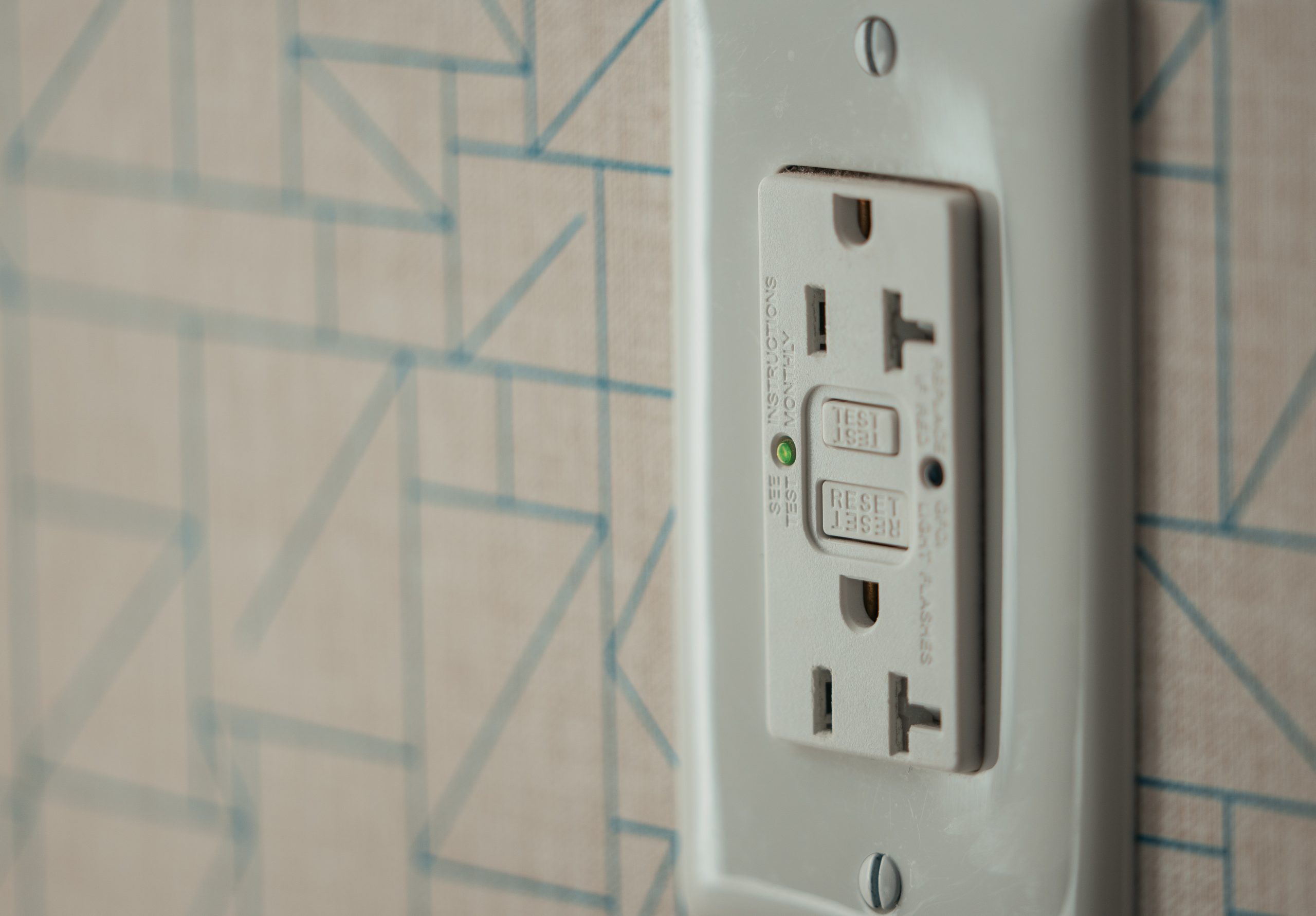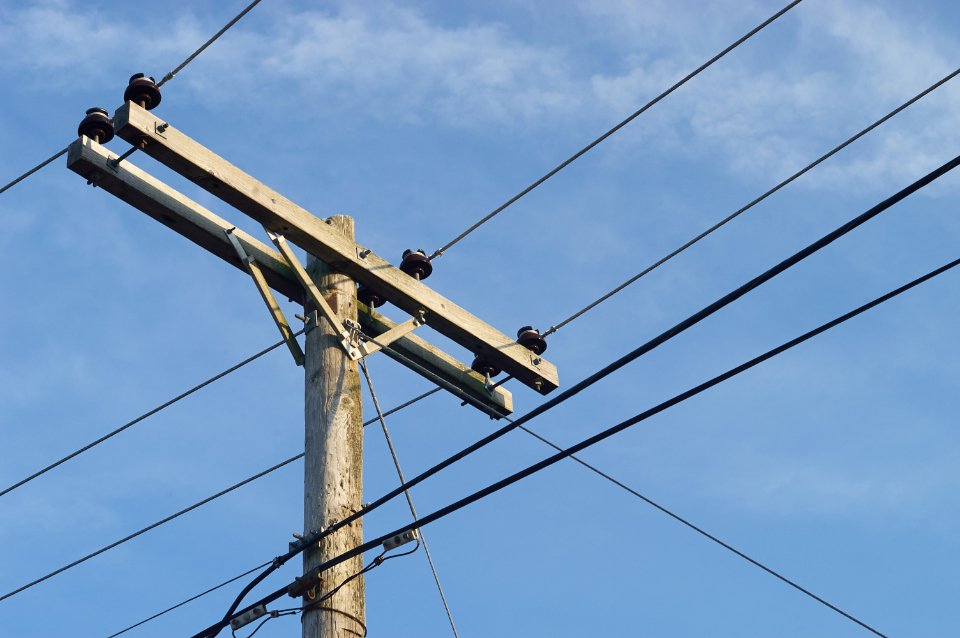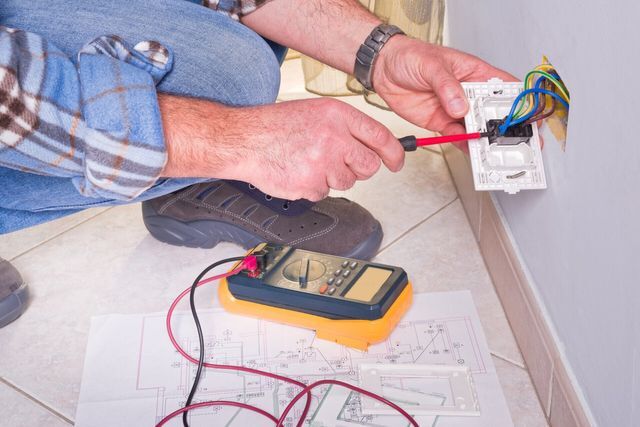For the most part, Inner West homes use electric services to some degree. Depending on the house’s age, homeowners will experience issues with the electrical system at some point in its lifespan. It might be as simple as renovating, changing out fixtures, or experiencing a problem with the wiring.
As a rule, rather than DIY anything that has to do with electricity, it’s wise to turn to a professional like Inner West Westcork Electrical, especially if you have no knowledge in the field. The danger involved and potential for harm is exceptional even for a seasoned pro, let alone someone attempting work with no experience.
If an outlet or switch sparks or suddenly doesn’t work, or there’s an issue with the breaker system resetting, it’s essential to contact a trusted electrician sooner rather than later. Ignoring the problem can have severe repercussions with the potential for even a fire if left to fester. Neglect is not an option in this area of home maintenance.
Electrical Warning Signs that NSW Electricians Want an Average Person to Learn
Electricians want the average homeowners to learn the basic electrical warning signs when there is an electrical issue with the system. Further, the professionals hope that these indications lead to calls for assistance rather than the homeowner brushing off the problem as not serious.
Suppose an outlet lets out a pop or a spark or a light switch is warm to the touch, or you can’t get a switch to reset on a breaker panel. In that case, you might consider these problems that can wait, but any issue affecting the electrical system is severe and should have an immediate assessment from an expert. While these specific repairs will likely be relatively quick to resolve, ignoring them can result in a hazard in time, including a potential fire. Other things to be aware of as a homeowner:
01. Learn About the GFCI

A standard service call for an electrician is when a bathroom circuit appears to fail. Code dictates any outlets near water sources by a distance of 6 feet require the protection of a GFCI or ground fault circuit interrupter. If a circuit loses amperage, these act as safety devices to disconnect power in exterior power outlets and bathroom areas.
The experts need homeowners to learn that a solitary GFCI protects all that’s on that circuit. That’s why you’ll notice unrelated things not working if a bathroom GFCI triggers. If you find one near the breaker box, you might become particularly confused. A first step in dead-outlet troubleshooting, aside from calling for professional assistance, is checking these devices.
02. Understand That Overhead Power Lines Are Live

Overhead power lines are typically not something that companies insulate. Birds and squirrels hanging out on the line are only able to survive because there is not a complete circuit happening. The ground is untouched, and the current has no more straightforward path than merely following the cable.
The danger is minimal unless the lines were to fall or an employee were to touch one in the process of tree trimming. Some lines near trees and roofs have insulation, but this material severely degrades as time passes, exposing the live wires.
Everyone should approach overhead lines with express caution since these are dangerous, and only those trained to work around them should be near them.
03. Understand DIY Electrical Work Has Restrictions

In Australia, there are limitations with the level of DIY in which homeowners can participate. While DIY can be beneficial for homeowners if you stay within the scope allowed, you need to make yourself aware of the restrictions, so you are compliant. It’s also critical to know your limitations and skills for the projects you have permission to handle. Learn about DIY in Australia at What not to DIY with plumbing and electrical.
You don’t want to “fix” something incorrectly and ultimately make it worse to the point you need to call in a professional because there’s now a more significant problem to resolve. Not only does that waste time, but it generates considerable expense.
Typically, with electrical work, DIY restrictions mean only working on specific components, as the Australian government outlines. If you’re a novice, it’s not safe to work with the electrical system due to the amount of danger it poses for your home and those around you. Even someone with a bit of knowledge might have the ability to perform minimal tasks, but that’s dependent on the Australian rules.Hope this article might be helpful for you. To read more about similar topic, refer following links:
Tips to Avoid Accidents Due to Electrical Shock and Fire in Monsoon!
31 Tips to Prevent Electrical Hazards During Holidays
Image Courtesy: Image 4